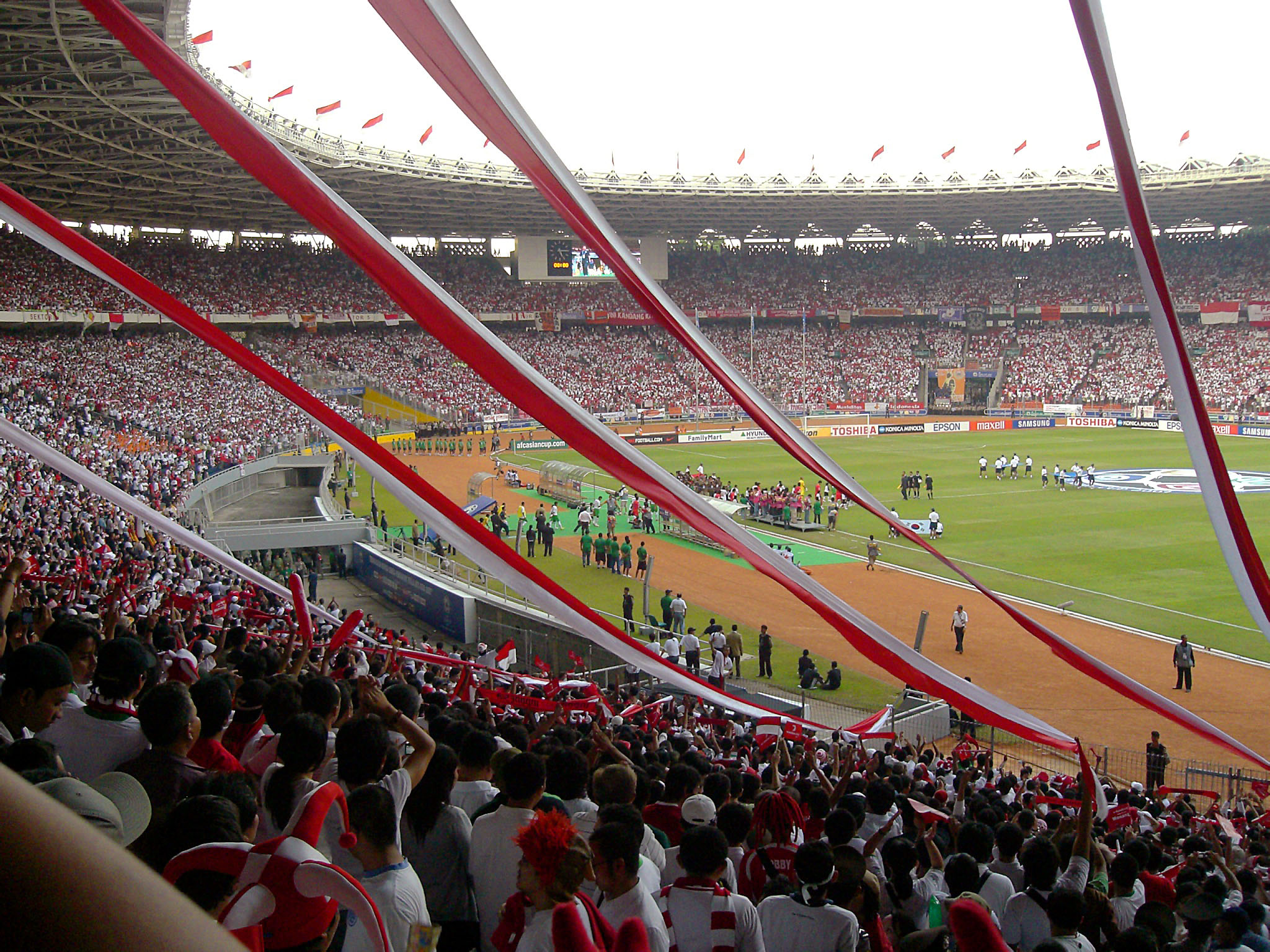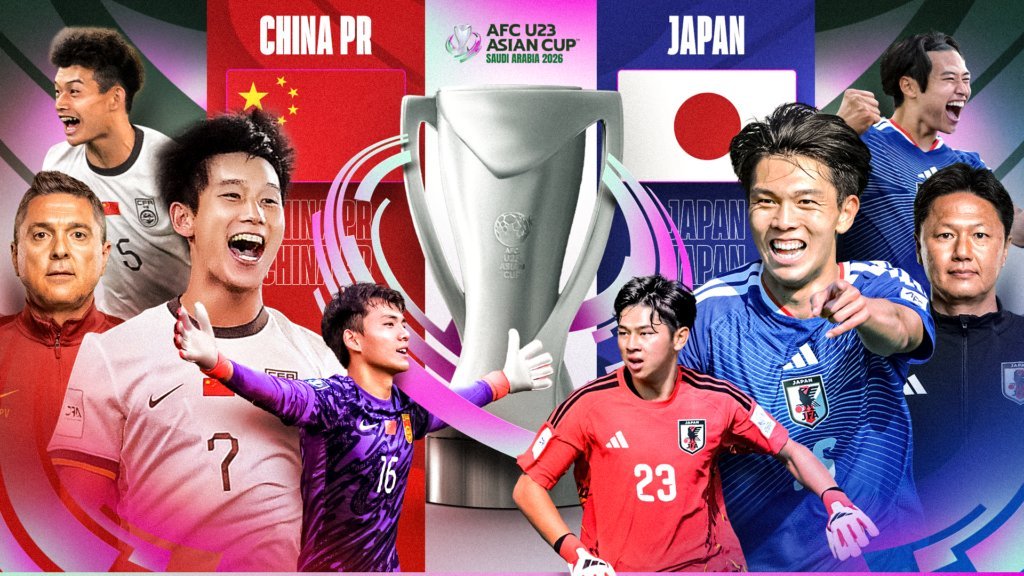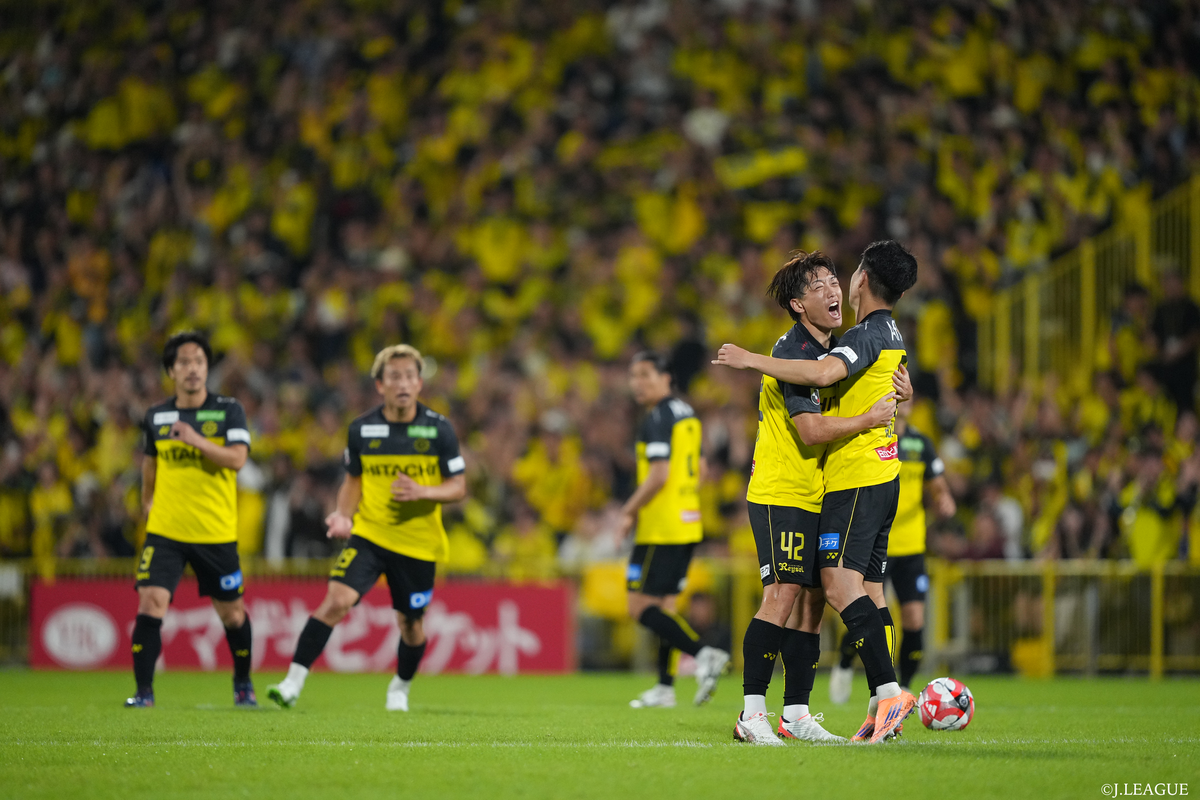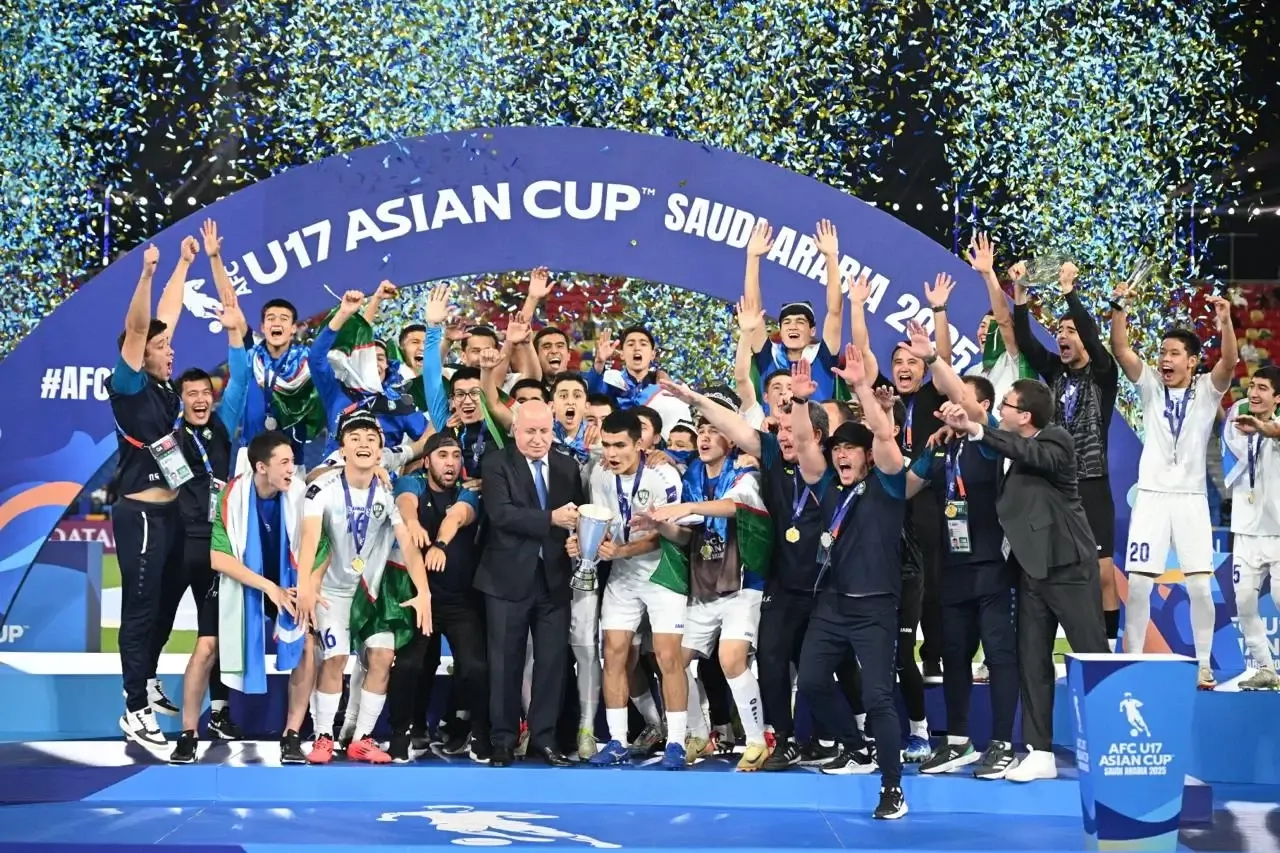Multi-club ownership in football (MCO) has emerged as one of the most transformative trends in the global game. As of 2024, more than 300 clubs operate under MCO networks, impacting over 6,500 players worldwide. This EFC case study explores the opportunities, risks, and strategic dynamics behind the model—with special focus on Asia, Europe, and the Americas.

1. What Is Multi-Club Ownership in Football?
Multi-Club Ownership (MCO) refers to a model where a single investor, company, or group holds ownership stakes in multiple football clubs. It has gained traction over the last decade as a tool for globalization, brand expansion, and player development.
By 2024, over 300 clubs are part of MCO ecosystems, revealing its systemic impact on global football.
2. How Do These Structures Work?
MCO groups typically follow a pyramid structure:
- Elite clubs: attract investment, visibility, and top-tier competition.
- Feeder clubs: develop players in less competitive environments and serve as loan platforms.
Talent, staff, and methodologies move across clubs, creating economies of scale and strategic synergies.
3. Key Benefits of Multi-Club Ownership
- Accelerated player development: young talent gains experience in satellite clubs.
- Operational efficiency: shared scouting, analytics, and training resources.
- Global brand expansion: networks like City Football Group operate on five continents.
- Risk diversification: setbacks in one club can be absorbed by the group.
- Entry into emerging markets: countries like India, Indonesia, Brazil, and Morocco become accessible.
4. Risks and Controversies
- Conflict of interest: what happens when two group-owned clubs meet in UEFA competition?
- Loss of identity: smaller clubs may be viewed as soulless “franchises.”
- Structural dependency: feeder clubs may lose autonomy.
- Regulatory inconsistency: MCO rules vary widely by country.
- Reputation risk: scandals in one club can affect the entire network.
5. Leading MCO Groups and Their Strategies
City Football Group
Backed by Abu Dhabi United Group. Owns clubs like Manchester City (UK), Girona FC (Spain), New York City FC (USA), Yokohama F. Marinos (Japan). Strength: full sporting integration. Risk: UEFA compliance issues.
Red Bull GmbH
Vertical and youth-oriented playing style across RB Leipzig, Red Bull Salzburg, Bragantino, NY Red Bulls.
777 Partners
US-based group with rapid global expansion: Standard Liège, Genoa, Vasco da Gama. Risk: financial transparency concerns.
INEOS Group
Industrial conglomerate focused on elite performance clubs: OGC Nice, Lausanne-Sport, Manchester United (minority stake).
Eagle Football Holdings
Led by John Textor. Owns clubs in France, Brazil, Belgium, and UK. Focus: youth and global scouting. Risk: unclear sporting identity.
How Is the Model Evolving in Asia?
In Asia, MCO is expanding through two main approaches:
Satellite Networks
- City Football Group’s stake in Yokohama F. Marinos (Japan) is a key strategic node.
- Purpose: brand visibility, testing regional talent, implementing methodology.
Hybrid Partnerships
- Atlético de Madrid – Jamshedpur FC (India): technical assistance and training support.
- Evergrande Football School (China): once linked to Real Madrid.
- Buriram United (Thailand): operates with national satellite academies.
These models extend European club influence without direct ownership.
6. What’s Next for MCO?
The model is likely to solidify as a long-term strategy for:
- Developing talent in new regions
- Promoting mid-level clubs internationally
- Creating global economic and sporting synergies
- Controlling the full football value chain: formation → exposure → transfer
But it also demands clearer regulation, transparency, and safeguards for club identity.
📩 Want to know how we can help your organization?
Let’s talk — or connect on LinkedIn and follow our weekly insights.





